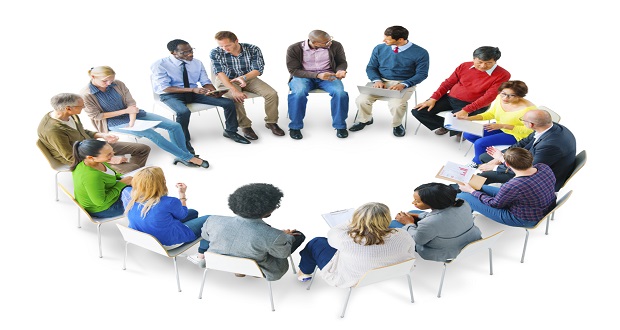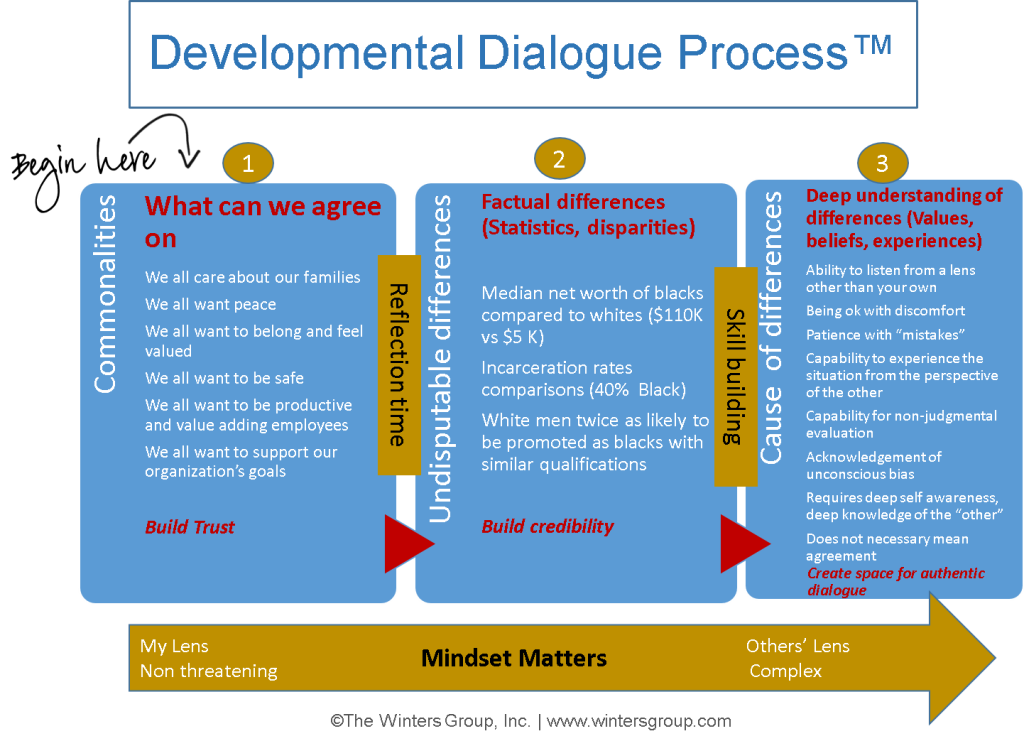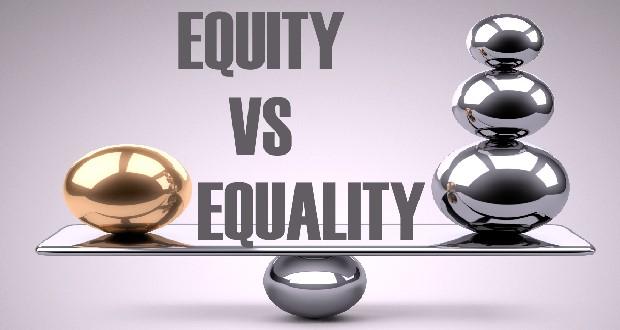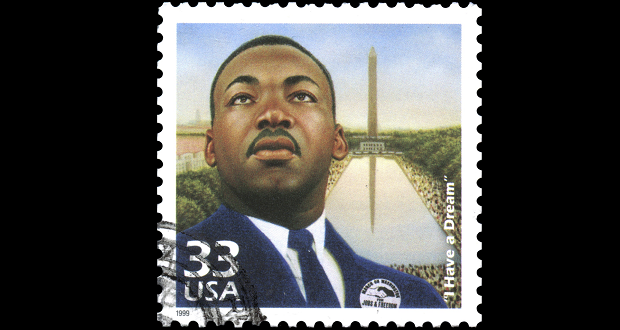
Two weeks ago The Winters Group hosted its first Let’s Talk About It Series focusing on race and our seeming inability as a society to have meaningful dialogue around these issues, even in 2015 50 years after the dawn of the Civil Rights Movement. Last week in The Buzz, I reported on some of the outcomes from that session, including the results of polls that asked participants the extent to which race is talked about in the workplace; and if it is not talked about, the impact the silence has on workplace relationships and productivity. Most said that they are not having meaningful conversations about race and that it has at least a moderate impact on productivity.
::Join us for an encore presentation of Race: Let’s Talk About It::
We also offered some recommendations on how to have meaningful conversations about race. The main reason that we are not having these dialogues is fear and we just don’t know how—do not have the skill. The Developmental Dialogue Process™ is a simple but not necessarily easy model to guide discussion. It starts with building trust by focusing on commonalities. Trust is a fundamental component to fostering authentic dialogue.

The key to commencing a meaningful and constructive dialogue is trust and trust can take a long time to establish. We cannot assume that we can jump into authentic conversations with those who are different from us. We have to consider where each might be as it relates to trust. What does trust really mean? Here are some elements of a trusting relationship that I think are important:
- I respect you.
- I think you are honest and of high integrity all of the time.
- I think you care about me as a person and not just an “acquisition” to push out work.
- I know you to be someone who is empathetic, always trying to understand from my perspective first.
- I can count on you to “assume positive intent” before making a judgment.
- I can count on you to be collaborative, looking for “win-win” solutions to our differences.
Once that trust is built and you are comfortable with your commonalities, you can begin to talk about the differences from a factual perspective. This may take time too because we all do not interpret the “facts” in the same way. However, this part of the process helps to build credibility. Once you get to part 3 you are able to authentically discuss your differences and foster greater understanding of why others may believe and feel differently from you.
Authentic dialogue will only occur with patience, persistence and a willingness to accept that in the end you may still not agree and it is okay if you don’t. However if you don’t agree, what are ways that we can mutually adapt, preserving our own values?


















